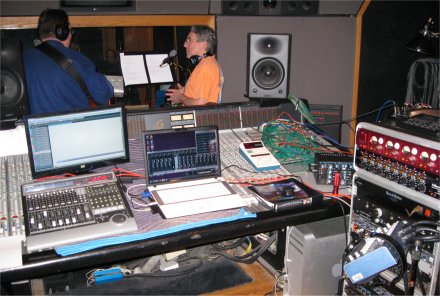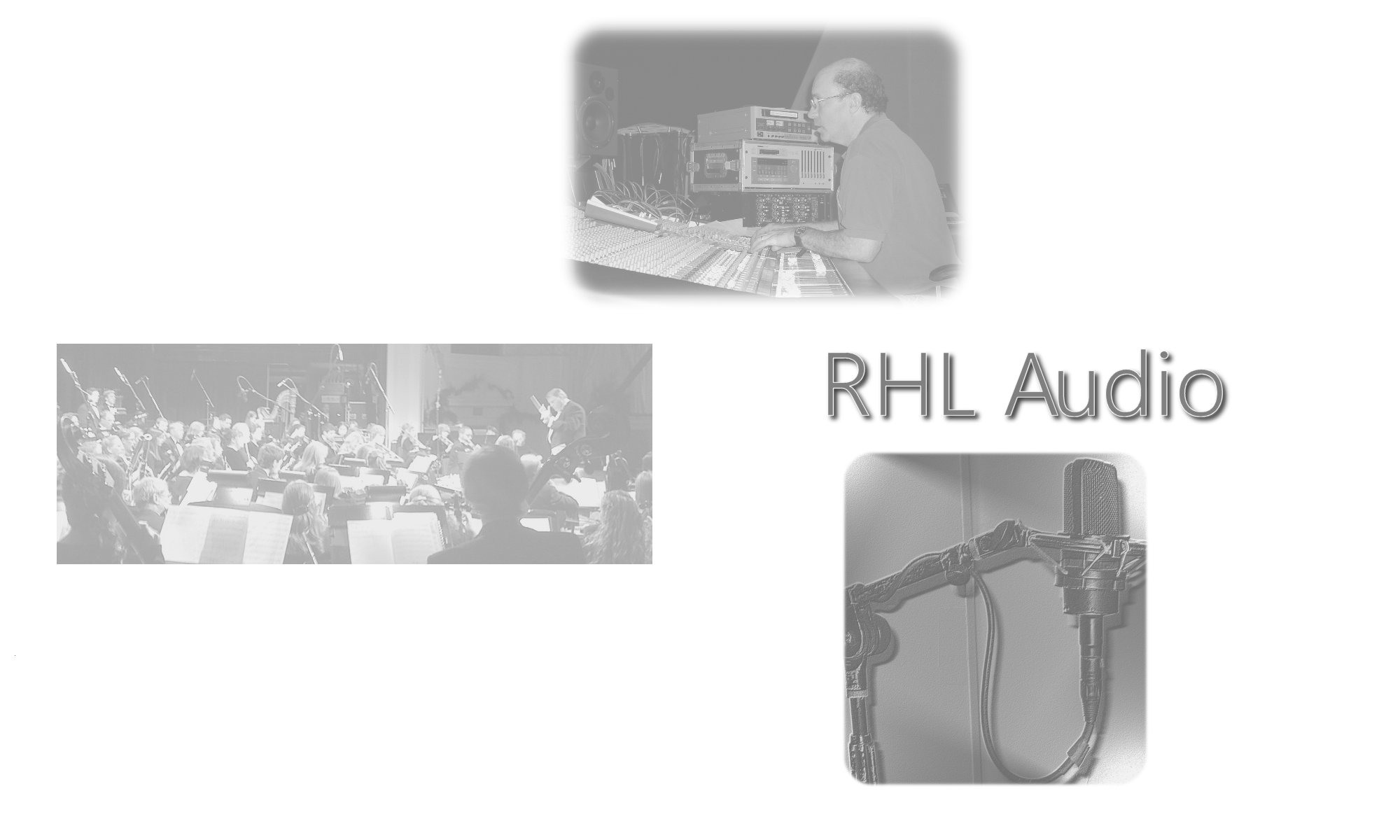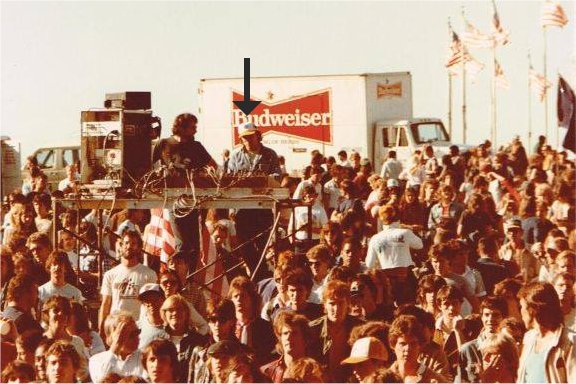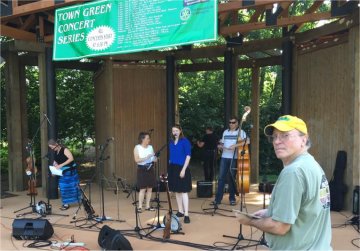The previous part is Audio Engineer Career Part 1.
Audio Engineer Career Decisions
Now that you’ve started your audio engineer career and gained some experience working in live situations, it’s time to make some life path decisions.
First of all, do you want to continue trying to do this? It’s an important question. You’re about to spend several years establishing yourself in this business, working a lot of hours for not much money, climbing your way up the ladder. I’m telling you this because it’s what I experienced. It’s what just about everyone I know in this business experienced. And it’s what everyone trying to become an audio engineer should expect to go through.
How did I persevere through this for over 3 decades? It’s simple. An audio engineer career is the ONLY career I’ve ever wanted to have. I’d rather do it for cheap, or even free, (and I’ve done both,) and be happy. If you have that kind of attitude, then you have a good chance of being successful.
Doing Live Audio
Maybe you’ve discovered that doing live sound is what you want your career path to be. Some folks like the adrenaline rush that mixing a live show gives them. I still do live shows, and I’m very tense for the initial 30 seconds or so until the first vocal comes cleanly out of the PA. Then I settle in and get to work. At the end of the gig, I feel the effects of the slow adrenaline drip that kept me on edge for the length of the show.
If live audio engineering is what you really enjoy, congrats! You found a calling. Just remember to think about where you’ll be in 10 years. It’s not easy to continue to work in clubs into your late 30’s. Some do it, but not many.
Audio Engineering School
If you want to pursue a studio career, you should consider enrolling in an audio engineering school. These schools will teach you lots of techniques and tricks, and expose you to current technology, audio gear, and software. Prices and time commitments vary, so lots of research is required to decide about which school to choose.
Which engineering school did I go to? When I started out, there were no audio engineering training programs. I studied Radio and Television Production at the University of Maryland because it was the only program that allowed me to mess around with microphones and tape decks. Sponsored by the university, I spent a summer interning at a recording studio as part of my curriculum. There I started to meet people in the music business and started to build my network. I still work with some folks I met there in 1976, and I can trace lots of my clients back through those initial connections.

What Type of School?
Do an online search for “recording engineering school” and you’ll get a long list.
There are many colleges and universities that have 4-year programs for audio engineering. Going through a program like this allows a student to get a degree in their chosen field. But they also take part in the usual varied classes that a 4-year college program includes, exposing them to more than just audio. Maybe a minor in business would help them in the future if them build their own studio. Or another field of study so they have something to fall back on should the engineering track prove unsuccessful.
There are also several trade schools whose entire curriculum is just audio engineering. Full Sail University, located in Florida is very popular. Their entire curriculum is entertainment, media, arts, and technology, so it’s not a general studies 4-year program. I’ve met lots of engineers and interns who graduated from Full Sail, and their comments have mostly been positive.
After You've Finished School.....
But here is the reality. When you graduate and contact a studio looking for a job, you will be offered an internship, and most of these positions are unpaid. The big advantage an audio engineering school certificate gives you is it demonstrates that you have a serious conviction to become an engineer. You’ve put in the time and money to advance yourself in this field. Which puts you ahead of the folks who just walked in off the street.
Here’s what to expect while you are an intern at a recording studio.


